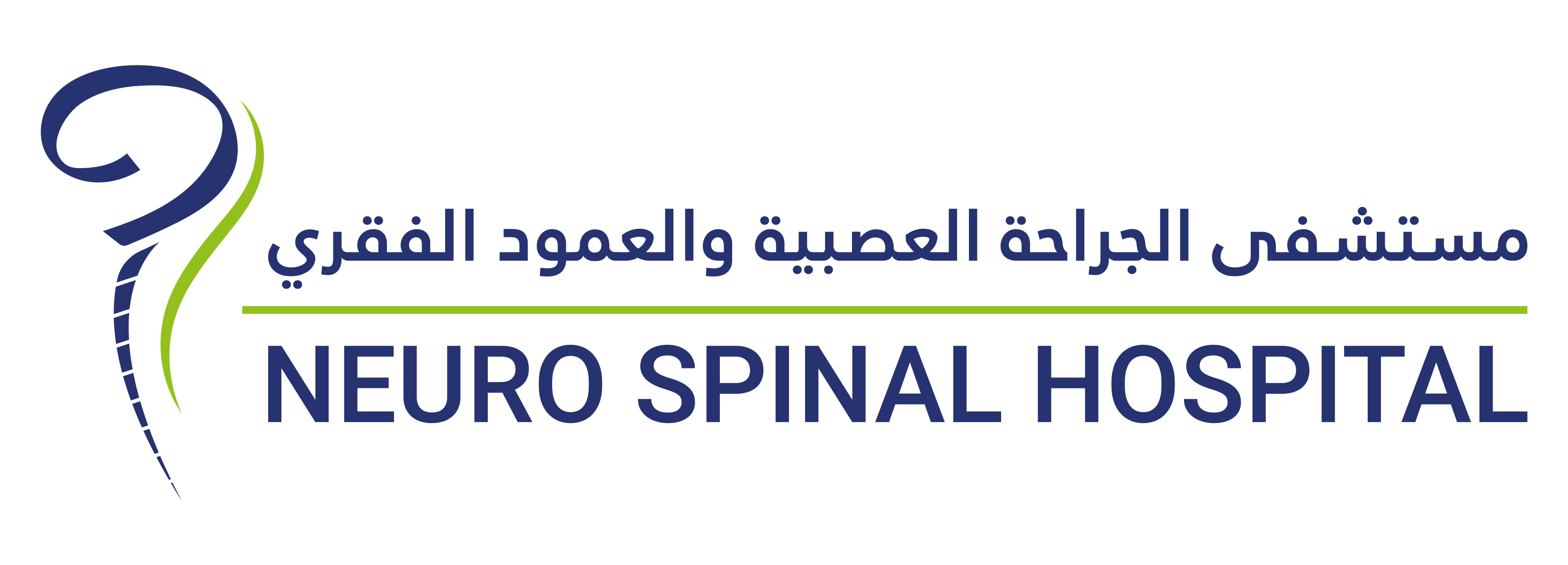There is no cure for motor neurone disease, but treatment by a team of specialist doctors, nurses and therapists can help reduce the impact the symptoms have on daily life:
- Occupational therapy to help with performing everyday tasks
- Physiotherapy and exercises to maintain strength and reduce stiffness
- Speech and language therapy
- Dietary and nutritional advice
- Riluzole – a drug that can slightly slow down the progression of the condition
- Medications to relieve muscle stiffness and help with saliva problems
It is important to get the annual flu vaccination, as flu can be very serious if you have motor neurone disease.
Motor neurone disease gets gradually worse over time. In later stages, moving around, swallowing and breathing get increasingly difficult, and treatments like a feeding tube or breathing air through a face mask may be needed.
Having motor neurone disease can be very challenging. Individuals with the condition and their and carers may benefit from emotional support from counsellors or support groups.
More information and support
You may also find it useful to read more information and advice from the Motor Neurone Disease Association






